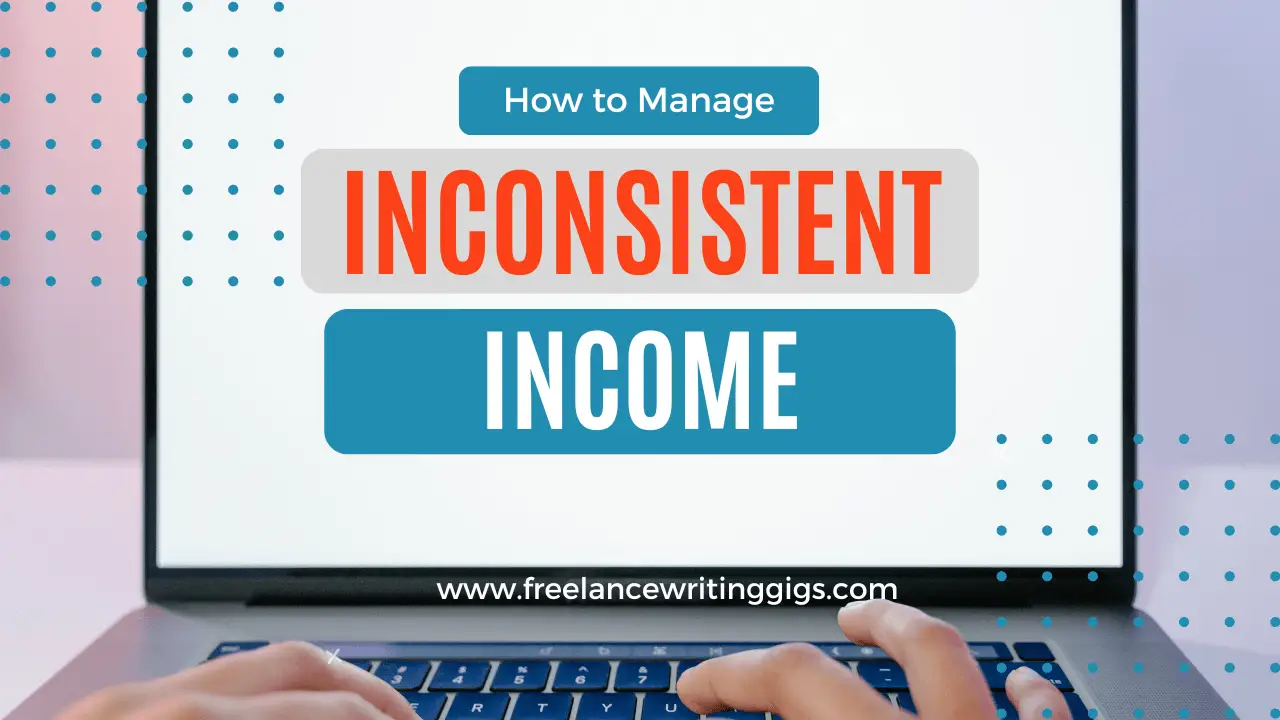Tesla car sales are in decline. Now, some people don’t want Tesla’s solar batteries either
For years, Tesla made the world’s best-selling electric vehicles—but that’s begun to change. As a response to Elon Musk’s apparent Nazi salute and his involvement in dismantling key federal agencies, both Tesla stock and sales have declined. “Tesla Takedown” protests have popped up across the country (and the world), and even the value of used Teslas is depreciating. But EVs aren’t the only electric product Tesla makes. The company has also been a big player in the solar industry, with its Powerwall home batteries, traditional solar panels, and Solar Roof, in which the roof tiles themselves contain the solar panels. And early data hints at how Musk’s public reputation may be hurting this business, too. EnergySage has begun to notice some of those impacts. As an online marketplace for the solar industry, EnergySage connects solar-curious homeowners with installers to get quotes, or to its own advisors to field questions. It’s reportedly the most visited website for the solar industry, and recently, it’s been hearing from both customers and installers about their desire to stay away from Tesla, particularly its Powerwall 3 home solar battery. From January 1 through January 19—before Trump’s inauguration and Musk’s salute at a Trump rally—about 73% of homeowners who used EnergySage to get a quote on solar with a battery picked one that included the Tesla Powerwall 3, as opposed to a battery by another manufacturer. But between January 20 to March 10, that number dropped to 64%. That’s a slight dip, but it’s notable, says Kristina Zagame, a senior research analyst at EnergySage, because of how prominent the Tesla Powerwall 3 has been in the marketplace. That battery came out in early 2024; in the first quarter of that year, it accounted for 18% of the market share, but by the end of the year, it was up to 64%. The Powerwall 3 is popular because it eliminates the need to buy an inverter (as one is included in the battery), it’s an easier lift for installers, and it’s priced lower than competitive batteries. Besides that drop in selected quotes including Tesla batteries, EnergySage has also heard anecdotally evidence about rising anti-Tesla sentiment. Customers have both called and emailed to either express a negative sentiment toward Musk, or to ask specifically about non-Tesla solar battery options. Zagame even put together a battery guide to Tesla alternatives so that she could send it as an easy response to customer inquiries. “But the calls kept coming, the emails kept coming,” she says, so she looked more into customer sentiment directly. (EnergySage can see the messages homeowners send to installers when they get quotes, which is where some of the anti-Tesla sentiment was showing up.) Zagame took a one-week snapshot of customer calls in March, and found that a quarter of all calls mentioned Tesla, and 20% of those specifically noted a negative view towards the comapny. Homeowners receiving quotes from EnergySage also mentioned Tesla more than twice as often in emails over the first two months of 2025 compared to the year prior. Of those messages, 68% were requesting a Tesla alternative, while 13.5% specifically shared “unfavorable views” toward Tesla or Musk. There was also a slight decrease in the amount of installers offering Tesla solar batteries in their quotes: 61% of battery quotes included Tesla from January 1 to 19, compared to 58% from January 20 to March 10. That could also be because some installers have faced Powerwall 3 shortages and so don’t have them in stock to offer right away. It’s not clear if this points to an impending downfall of the Tesla Powerwall—it’s a bit early to tell, though EnergySage says it’ll keep an eye on these trends. Tesla’s overall solar business has changed in recent years, though, which may have protected it a bit from that changing consumer sentiment. Tesla’s installation business—as in, Tesla actually being the one to install its solar panels or Solar Roof—is “particularly exposed to anti-Musk sentiment,” says Max Issokson, a solar analyst with Wood Mackenzie, because the company “relies on brand recognition and competitive pricing.” But that business has declined over the past nine years. Tesla acquired solar panel manufacturer SolarCity in 2016, and when it did so, “it held 16% of the residential solar installation market,” he says. “Since then, the company has steadily lost market share.” In 2024, Tesla held only 1.6% share. Tesla has focused less on being a solar installer, Issokson says, and more on being an equipment supplier. That means it has certified third-party installers to do the actual installation work, and instead supplies its panels, shingles, or batteries to installers. While it’s installation business was decreasing, Tesla’s residential battery and inverter business has increased. And the equipment side of Tesla’s solar business may be a bit more insulated from customer sentiment, Issokson says, “as equipmen

For years, Tesla made the world’s best-selling electric vehicles—but that’s begun to change. As a response to Elon Musk’s apparent Nazi salute and his involvement in dismantling key federal agencies, both Tesla stock and sales have declined. “Tesla Takedown” protests have popped up across the country (and the world), and even the value of used Teslas is depreciating.
But EVs aren’t the only electric product Tesla makes. The company has also been a big player in the solar industry, with its Powerwall home batteries, traditional solar panels, and Solar Roof, in which the roof tiles themselves contain the solar panels. And early data hints at how Musk’s public reputation may be hurting this business, too.
EnergySage has begun to notice some of those impacts. As an online marketplace for the solar industry, EnergySage connects solar-curious homeowners with installers to get quotes, or to its own advisors to field questions. It’s reportedly the most visited website for the solar industry, and recently, it’s been hearing from both customers and installers about their desire to stay away from Tesla, particularly its Powerwall 3 home solar battery.
From January 1 through January 19—before Trump’s inauguration and Musk’s salute at a Trump rally—about 73% of homeowners who used EnergySage to get a quote on solar with a battery picked one that included the Tesla Powerwall 3, as opposed to a battery by another manufacturer. But between January 20 to March 10, that number dropped to 64%.
That’s a slight dip, but it’s notable, says Kristina Zagame, a senior research analyst at EnergySage, because of how prominent the Tesla Powerwall 3 has been in the marketplace. That battery came out in early 2024; in the first quarter of that year, it accounted for 18% of the market share, but by the end of the year, it was up to 64%. The Powerwall 3 is popular because it eliminates the need to buy an inverter (as one is included in the battery), it’s an easier lift for installers, and it’s priced lower than competitive batteries.
Besides that drop in selected quotes including Tesla batteries, EnergySage has also heard anecdotally evidence about rising anti-Tesla sentiment. Customers have both called and emailed to either express a negative sentiment toward Musk, or to ask specifically about non-Tesla solar battery options. Zagame even put together a battery guide to Tesla alternatives so that she could send it as an easy response to customer inquiries.
“But the calls kept coming, the emails kept coming,” she says, so she looked more into customer sentiment directly. (EnergySage can see the messages homeowners send to installers when they get quotes, which is where some of the anti-Tesla sentiment was showing up.) Zagame took a one-week snapshot of customer calls in March, and found that a quarter of all calls mentioned Tesla, and 20% of those specifically noted a negative view towards the comapny.
Homeowners receiving quotes from EnergySage also mentioned Tesla more than twice as often in emails over the first two months of 2025 compared to the year prior. Of those messages, 68% were requesting a Tesla alternative, while 13.5% specifically shared “unfavorable views” toward Tesla or Musk.
There was also a slight decrease in the amount of installers offering Tesla solar batteries in their quotes: 61% of battery quotes included Tesla from January 1 to 19, compared to 58% from January 20 to March 10. That could also be because some installers have faced Powerwall 3 shortages and so don’t have them in stock to offer right away.
It’s not clear if this points to an impending downfall of the Tesla Powerwall—it’s a bit early to tell, though EnergySage says it’ll keep an eye on these trends. Tesla’s overall solar business has changed in recent years, though, which may have protected it a bit from that changing consumer sentiment.
Tesla’s installation business—as in, Tesla actually being the one to install its solar panels or Solar Roof—is “particularly exposed to anti-Musk sentiment,” says Max Issokson, a solar analyst with Wood Mackenzie, because the company “relies on brand recognition and competitive pricing.” But that business has declined over the past nine years. Tesla acquired solar panel manufacturer SolarCity in 2016, and when it did so, “it held 16% of the residential solar installation market,” he says. “Since then, the company has steadily lost market share.” In 2024, Tesla held only 1.6% share.
Tesla has focused less on being a solar installer, Issokson says, and more on being an equipment supplier. That means it has certified third-party installers to do the actual installation work, and instead supplies its panels, shingles, or batteries to installers. While it’s installation business was decreasing, Tesla’s residential battery and inverter business has increased. And the equipment side of Tesla’s solar business may be a bit more insulated from customer sentiment, Issokson says, “as equipment decisions are more often controlled by the solar installer than the consumer.”
But Zagame says she has heard from a few installers who have been turned off by Musk’s actions and so are phasing out their Tesla solar offerings—or pushing alternatives like the FranklinWH to customers instead. “[Installers] are helping people go solar, but at the end of the day they have a business to run and sales quotas to meet,” Zagame says. “So for them to say, ‘Hey, we actually don’t want you to install this product anymore,’ that is a really big deal.”






















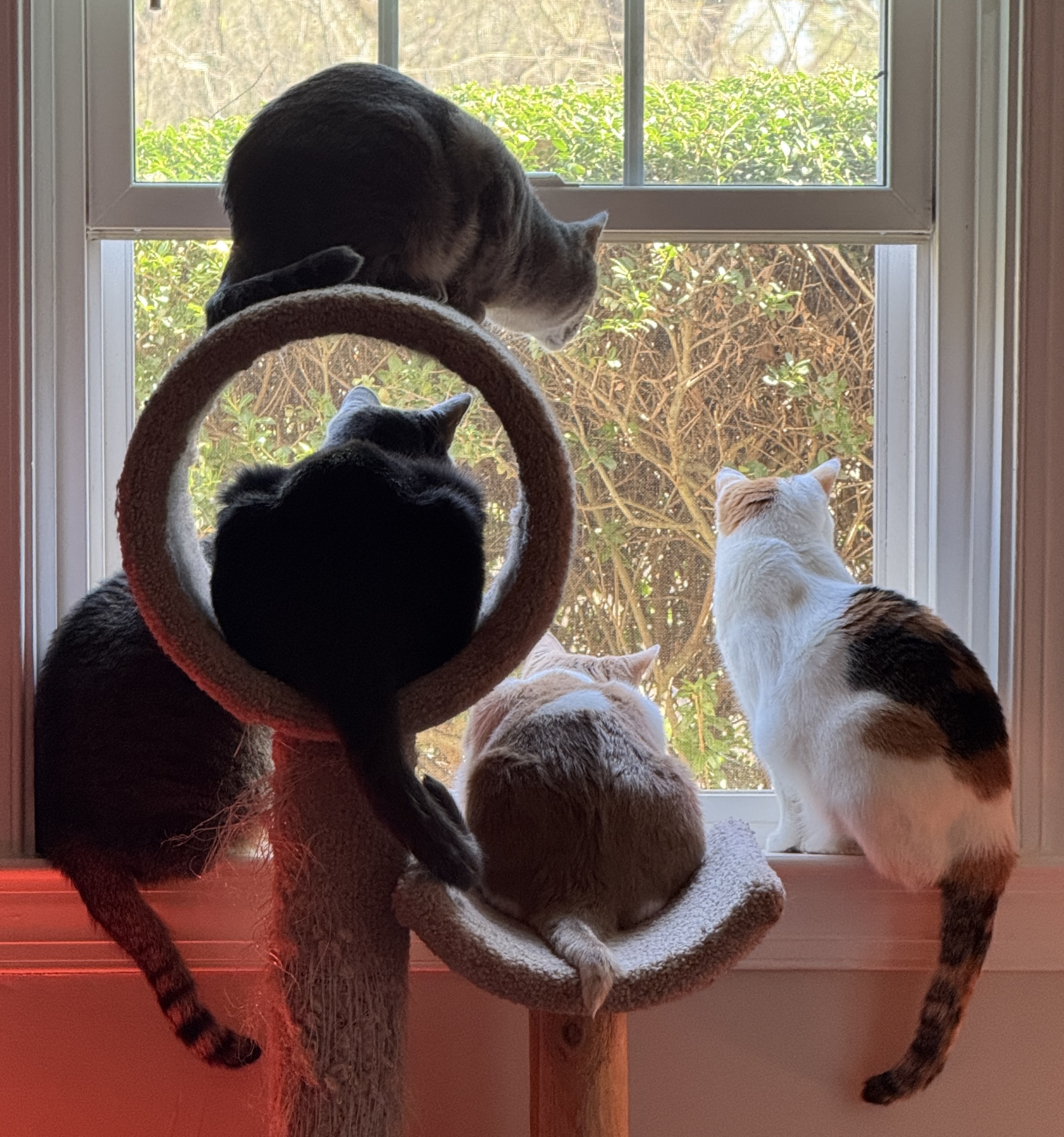



















































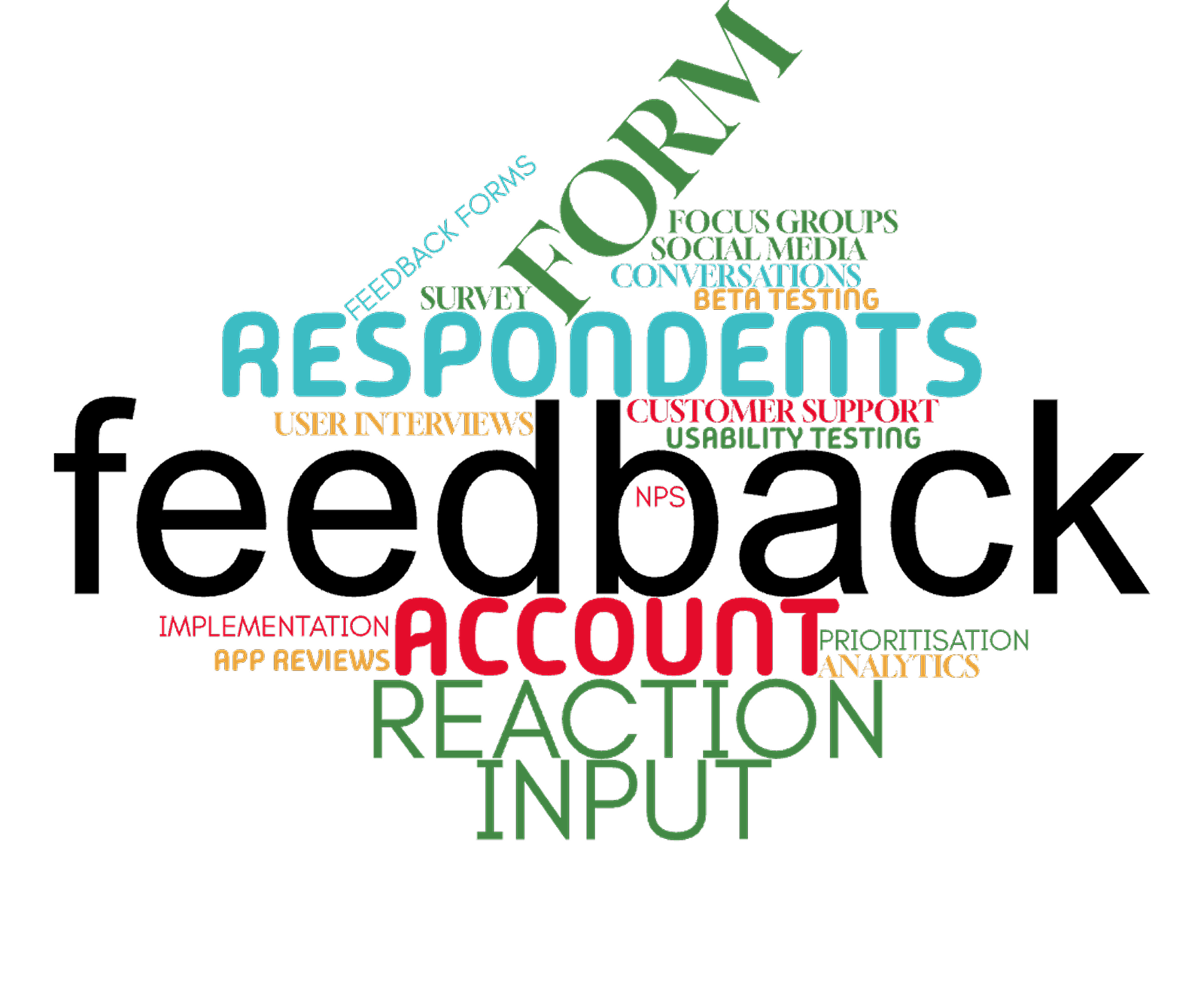
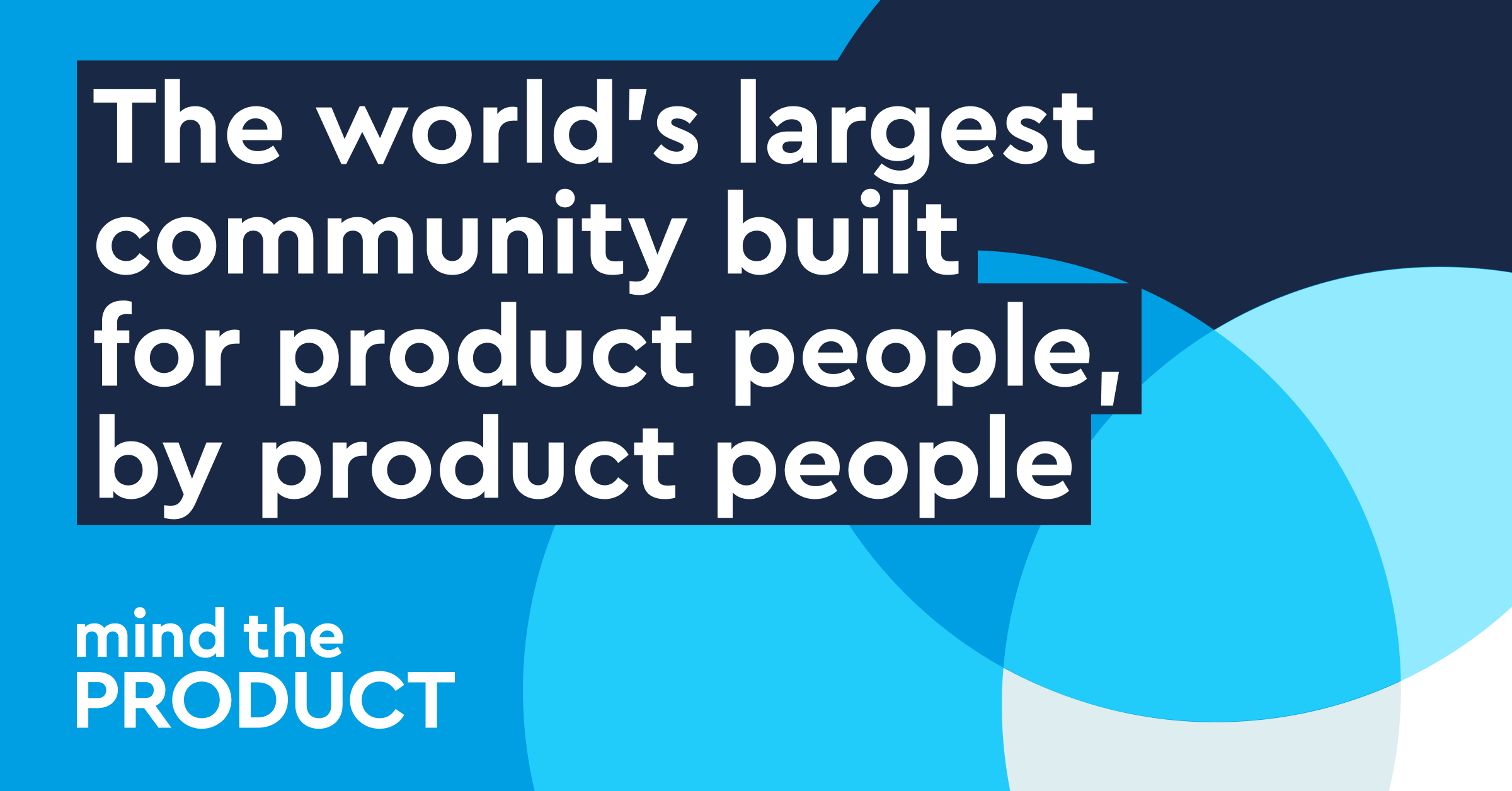




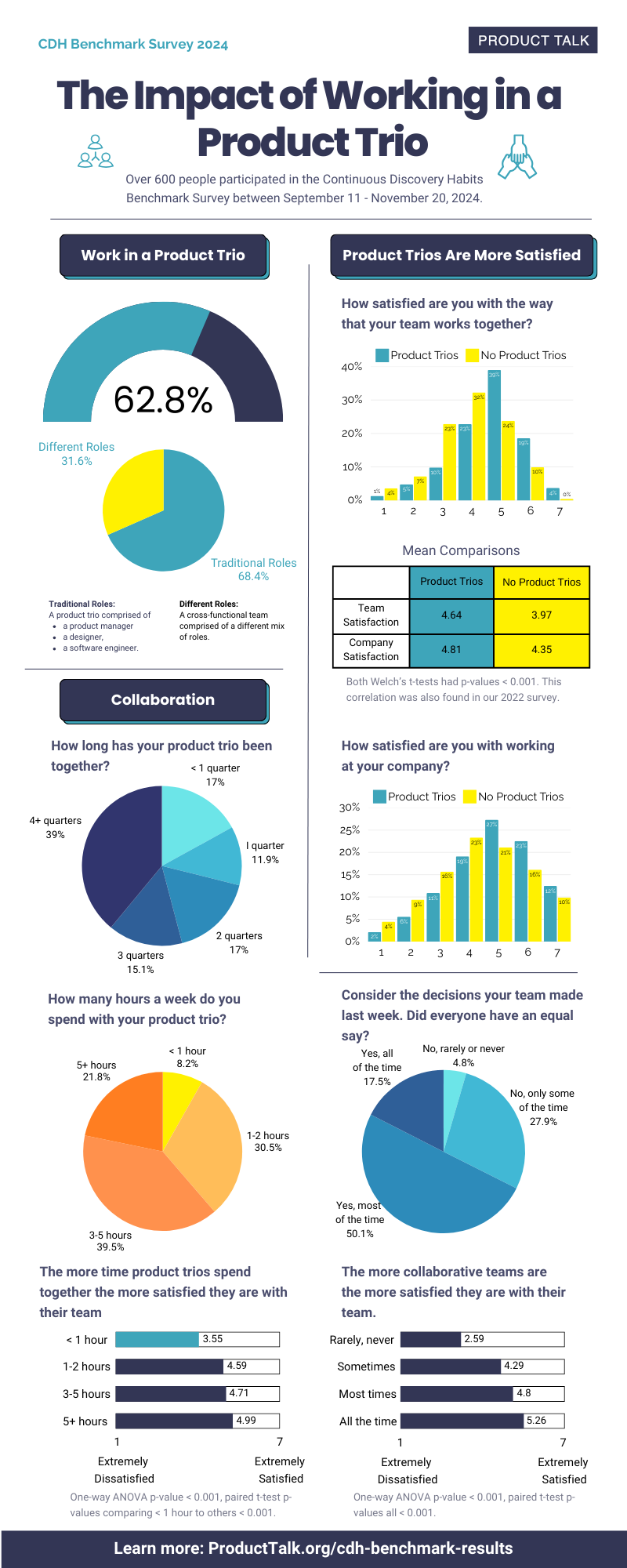












![How One Brand Solved the Marketing Attribution Puzzle [Video]](https://contentmarketinginstitute.com/wp-content/uploads/2025/03/marketing-attribution-model-600x338.png?#)

![Building A Digital PR Strategy: 10 Essential Steps for Beginners [With Examples]](https://buzzsumo.com/wp-content/uploads/2023/09/Building-A-Digital-PR-Strategy-10-Essential-Steps-for-Beginners-With-Examples-bblog-masthead.jpg)











![How to Use GA4 to Track Social Media Traffic: 6 Questions, Answers and Insights [VIDEO]](https://www.orbitmedia.com/wp-content/uploads/2023/06/ab-testing.png)





![[HYBRID] ?? Graphic Designer](https://a5.behance.net/cbf14bc4db9a71317196ed0ed346987c1adde3bb/img/site/generic-share.png)


